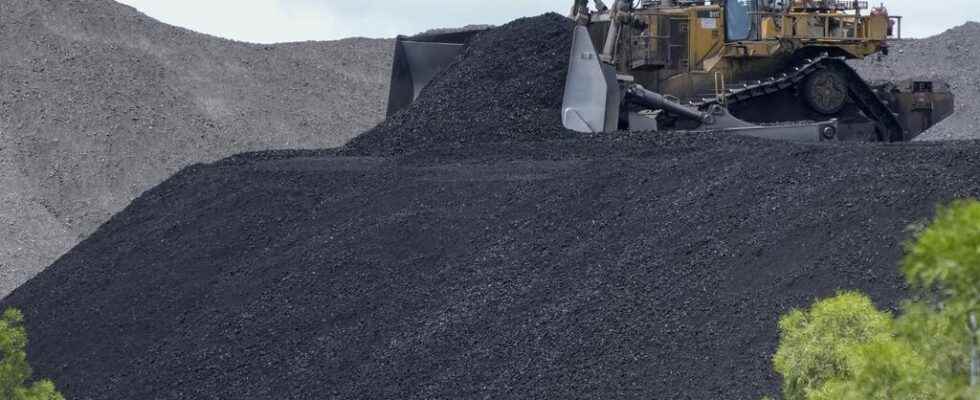Australians were called on Tuesday, June 14, to prepare for power cuts on the densely populated east coast, as the country, a major coal and gas producer, is in the grip of an energy crisis.
The energy market regulator has warned that the states of Queensland and New South Wales, which together have more than 13 million people, can expect power shortages. He also warned that supplies could be insufficient in the states of Victoria, South Australia and Tasmania.
Newly elected Labor Prime Minister Anthony Albanese blames the energy crisis on the Conservatives, who have been in power for nearly a decade: “ We are now feeling the consequences of the failure of the former government to put in place an energy policy Anthony Albanese told reporters in Brisbane.
Towards the search for solutions
The Prime Minister said that ” everything is on the table his government examining ways to ease the crisis, which dominated the first weeks of his centre-left government. The national regulator tried on Tuesday to negotiate with the producers, but the price cap at 300 Australian dollars/MWh (the equivalent of 200 euros) deters many of them from injecting more energy into the network.
The track of forcing companies to produce more electricity was also explored by the regulator, which activated this lever on Monday to avoid power cuts in Queensland. Australia is one of the top three coal producers and gas in the world, but nearly a quarter of the thermal power plants on the east coast are currently shut down due to breakdowns or maintenance work.
A crisis amplified by a cold snap
The war in Ukraine has also caused demand for Australian gas exports to soar, absorbing any surplus that might ease the shortage in the domestic market. Supply issues were also exacerbated by a cold spell on the east coast, prompting electricity providers to ask households to curb their energy use.
Energy Minister Chris Bowen said on Tuesday he was confident the grid had enough power to avoid power cuts, provided there were no further outages. He warned Australians, however, that they should ” expect a rough winter “. Various factors, including low temperatures, coal power plant outages, geopolitical pressures and record flooding on the eastern seaboard could combine to lead to a crisis.
Last year, 71% of electricity came from fossil fuels, and 51% from coal alone, according to official figures. For energy expert Richie Merzian of the Australia Institute, a new balance must be found to avoid this type of crisis: “ As long as Australia remains dependent on gas and coal, Australian customers will be at the mercy of global energy prices subject to events beyond our control. “, did he declare.
►Read: Australia’s largest coal-fired power station to close seven years early
(with AFP)
